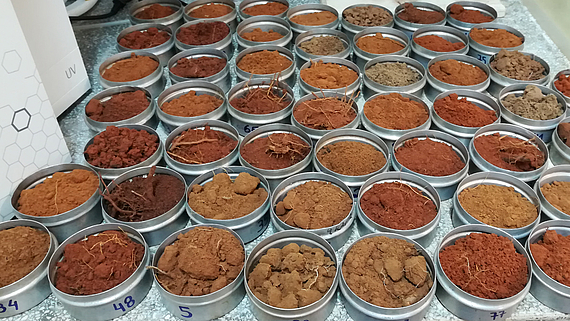
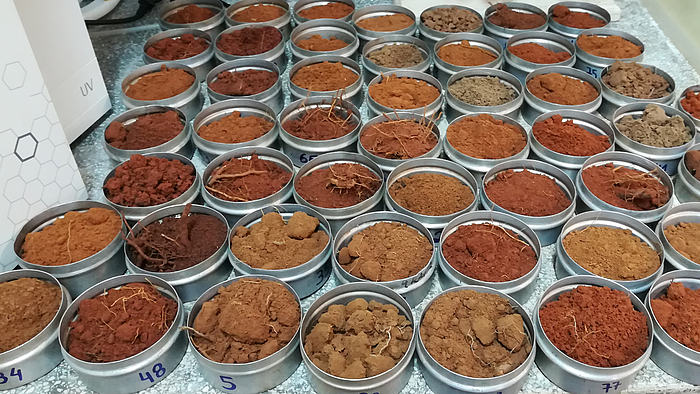
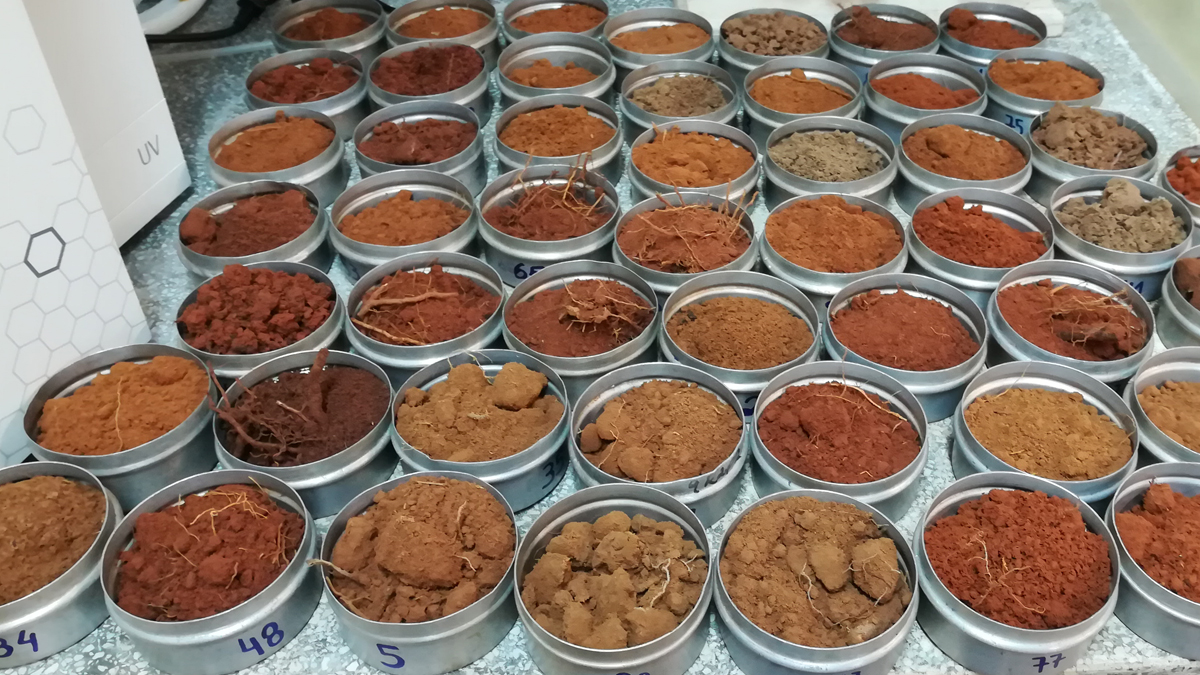
“The whole is more than the sum of its parts” – such words of Aristotle are also applicable to the extremely diverse microbes in the environment, many of which are still unknown or uncharacterized. Microbial communities are often more performant, more stress-tolerant, and more resilient than single organisms. Microbe-microbe interactions, and interactions of microbes with their biotic and abiotic environment are crucial for regulation of community structure, their gene expression profiles and activities. Such activities have implication for carbon and nitrogen cycling, plant growth, greenhouse gas metabolism, bioremediation, and biotechnical applications.
Our research addresses parameters affecting the regulation of microbial community structure, and microbial physiology of model organisms with molecular, microbiological, biochemical and analytical methods. Next generation sequencing, transcriptomics, gene expression studies as well as RNA- and DNA-based stable isotope probing techniques to trace process associated key organisms and intermediates are applied. The isolation, description and validation of new corner stone species complements molecular methods to enable utilization of new metabolic potentials for biotechnical purposes and proof-of-principle studies.
Research topics
Global change microbiology – greenhouse gas metabolism
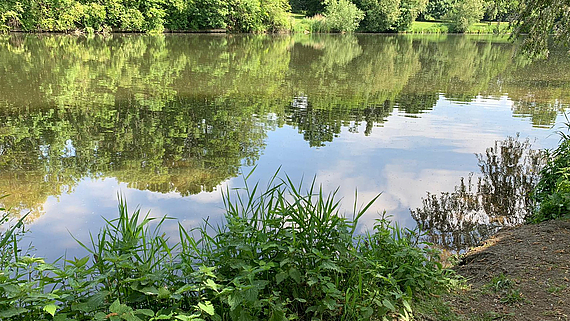
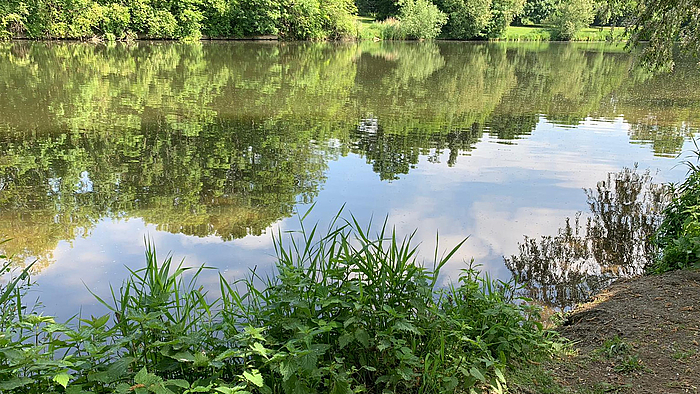
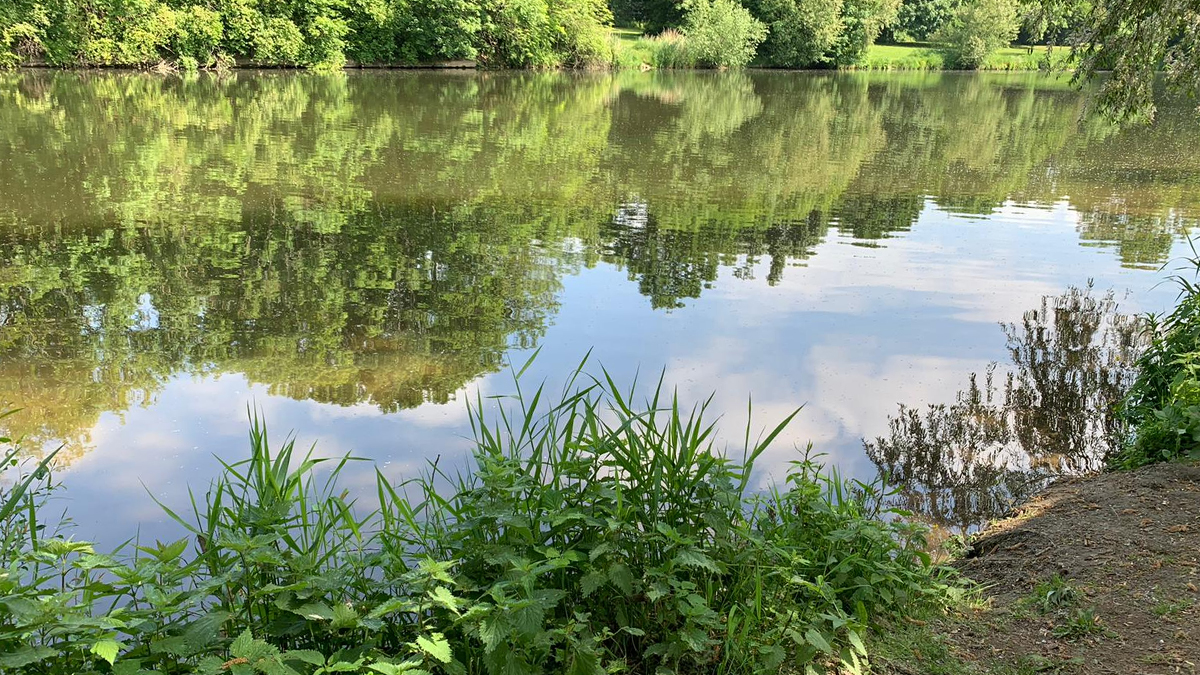
- Regulation of nitrous oxide emissions (nitrous oxide, N2O) associated with novel acid-tolerant denitrifiers in permafrost environments
- Fungal denitrification as important source of N2O
- Intermediary ecosystem metabolism in peatlands as driver of methane emissions
- Microbial ecology of methanotrophs and their impact on methane sinks (AG Ho)
Biotechnology
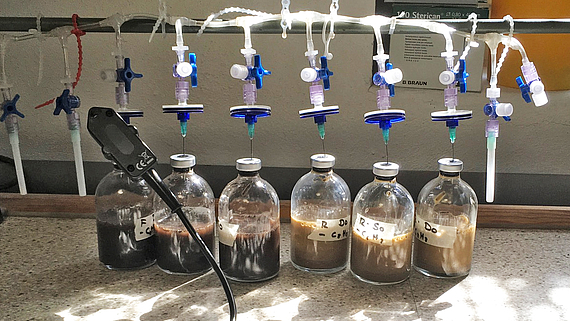
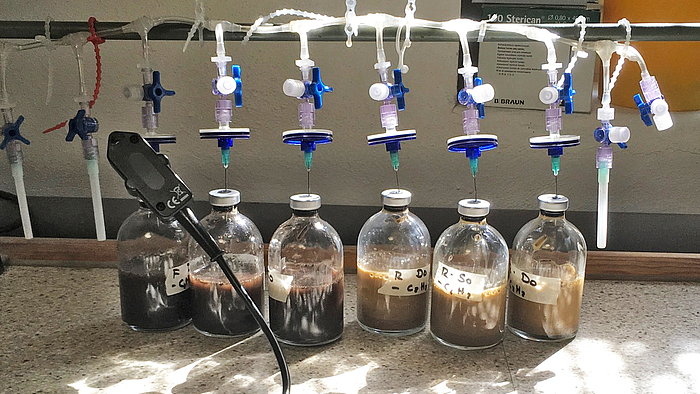

- Microbial production of building blocks for biodegradable plastic polymers by pure cultures and consortia
- Optimizing the intermediary ecosystem metabolism of biogas production
Bioremediation and circular economy



- Microbial microplastic degradation mechanisms
- Micropollutant transformations in soils and sediments
Micro-macrooorganism interactions
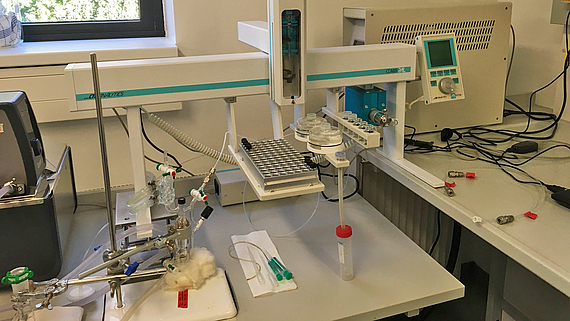
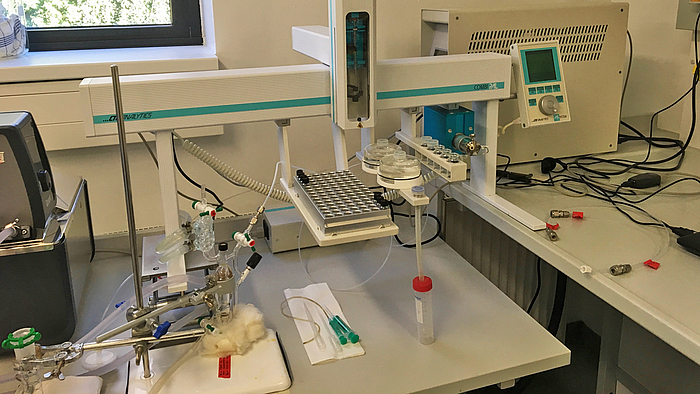
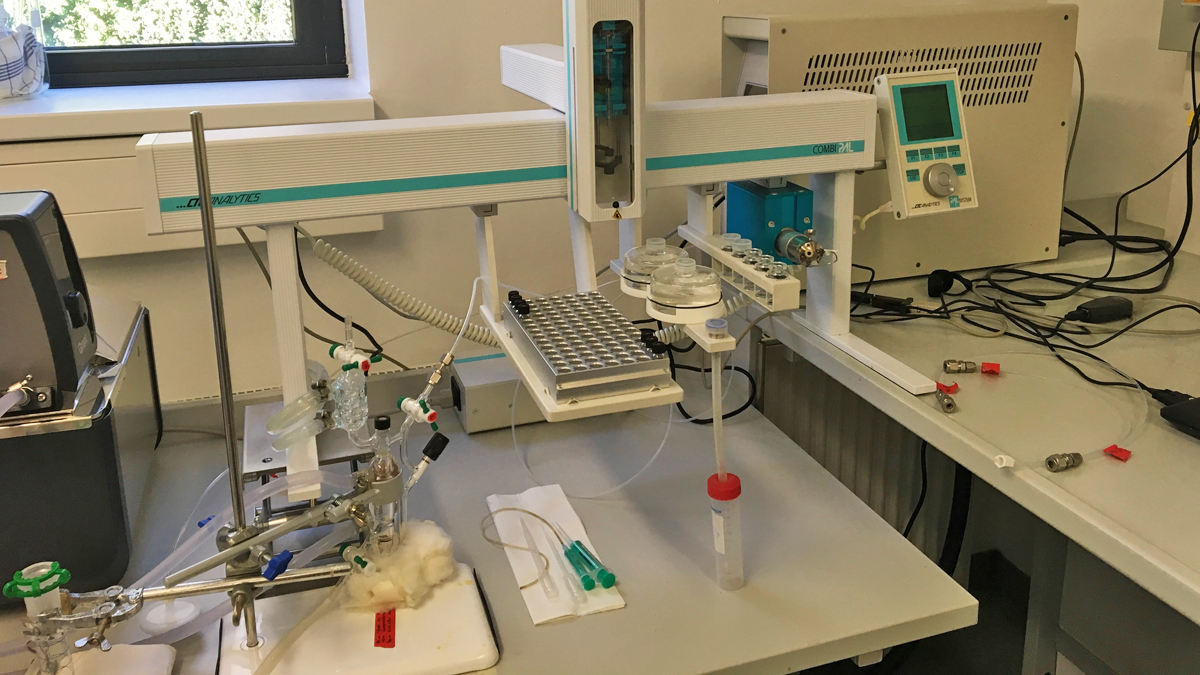
- Effect of microplastic on gut microbiomes of earthworms and wood lice
- Competition of N-cycling anaerobes and effects on plant nutrition
- Associative nitrogen fixation in peatlands
- Redox gradients along rice roots impacting microbial Fe- and P-cycling in paddy soils
Regulation of soil microbial biodiversity and ecological theory
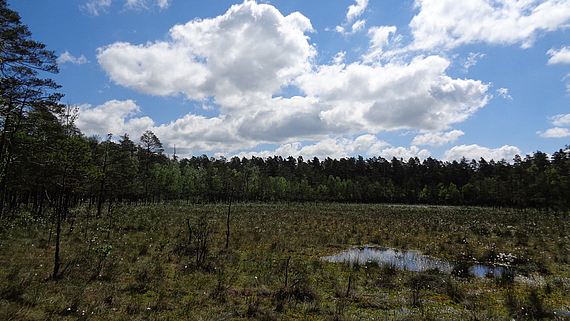
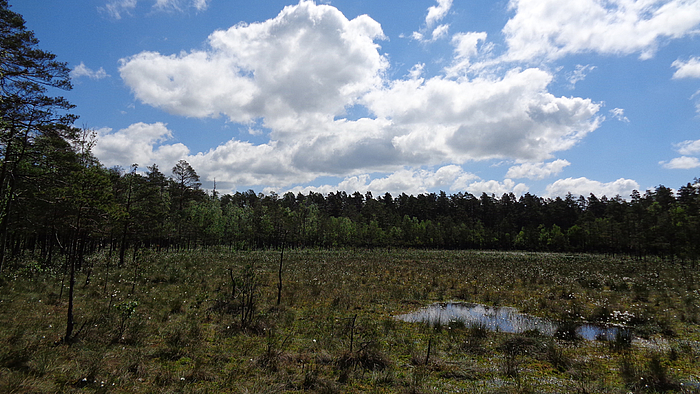
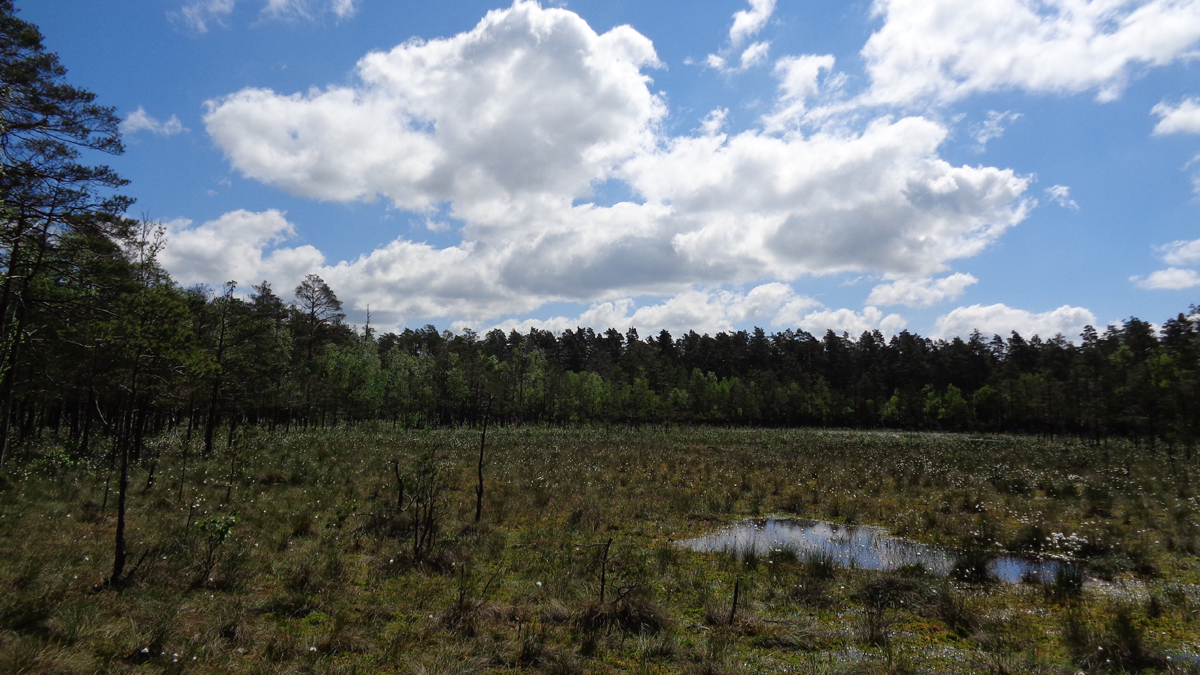
- Driving forces of soil methanotrophic (AG Ho) and nitrate reducer communities
- Interaction of below and above ground biodiversity and effects on ecosystem tipping points
Contact
30419 Hannover


